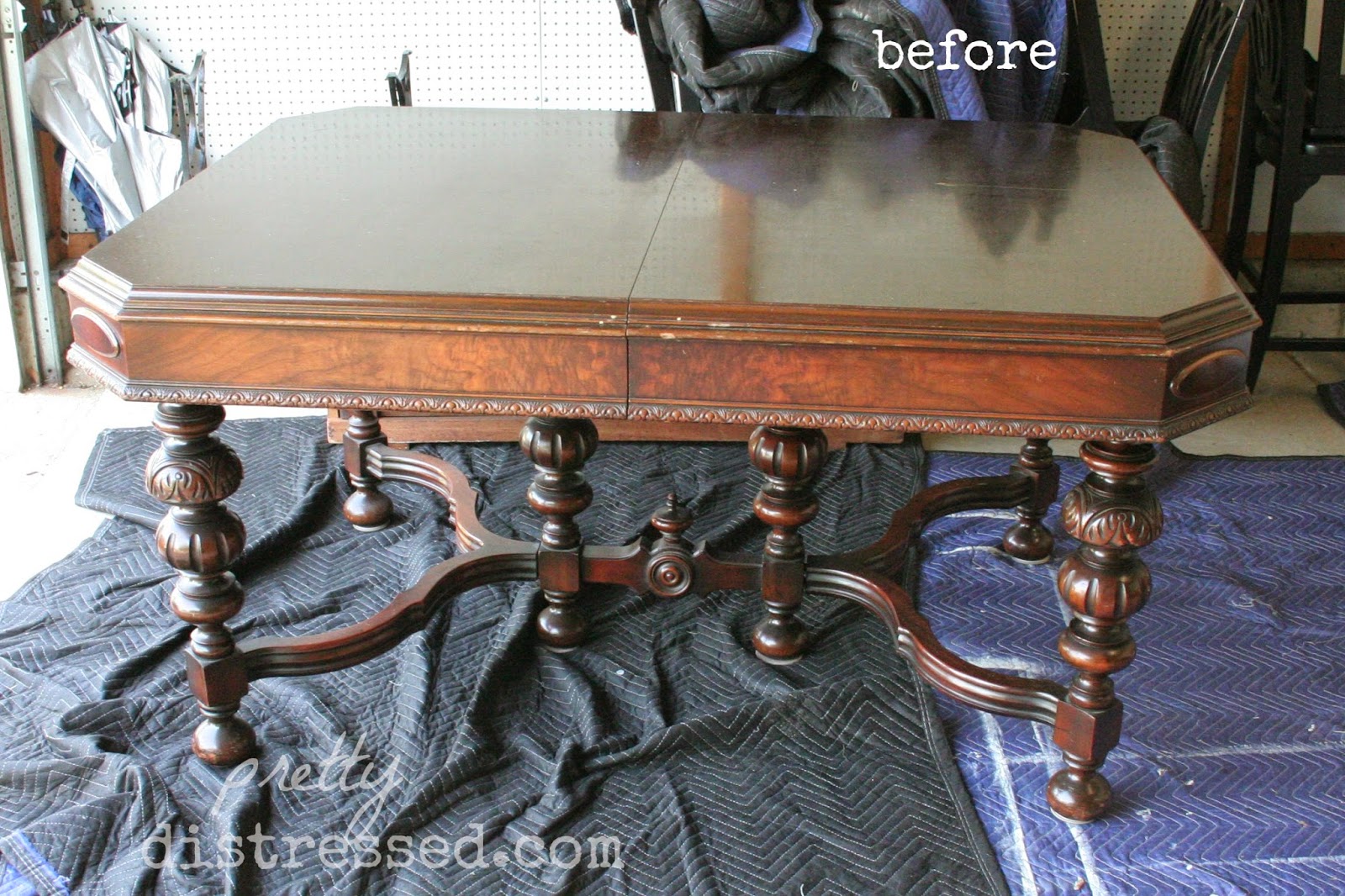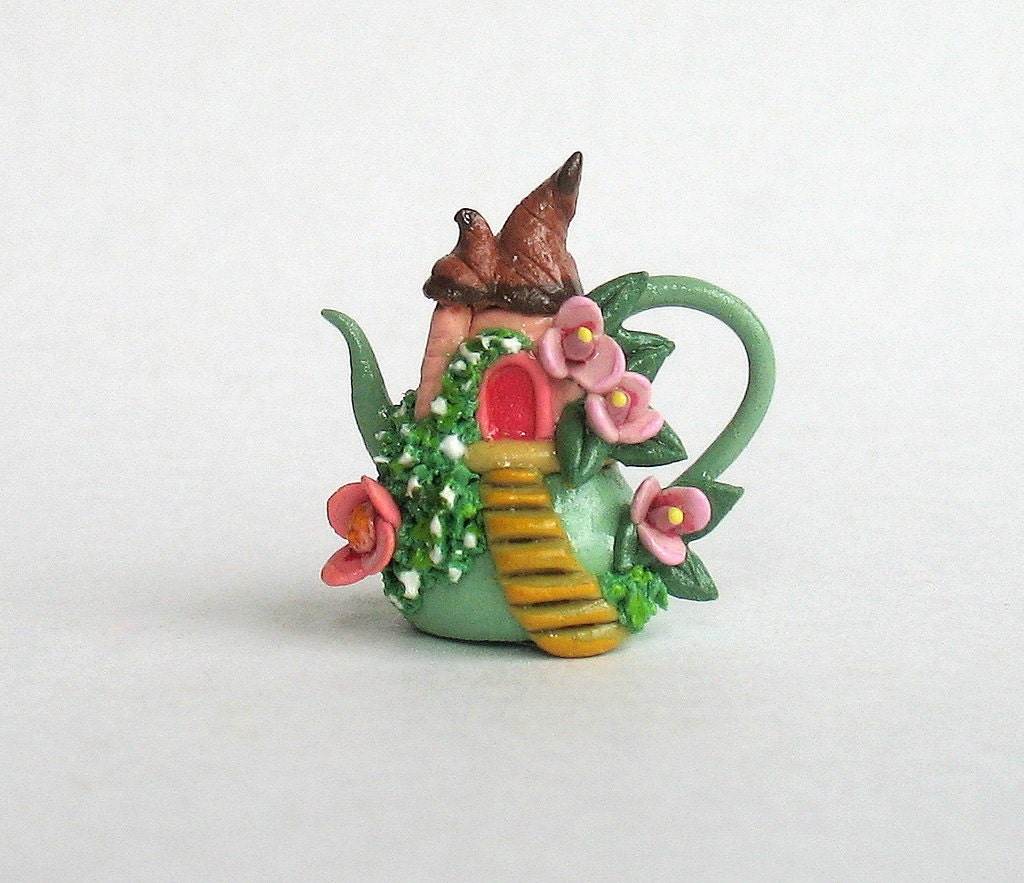Polycrylic is very affordable and readily available at hardware stores. or register to post comments. I thought that polycrylic sealer would seal the wood against issues like this. Protects and adds beauty to interior wood surfaces including woodwork, furniture, doors and cabinets. The polycrylic does give a glossier look than wax woul but I was really happy with its clarity- absolutely no yellowing!

I did wax the legs of the table and the combination of sealers really worked well. Always consider your specific project when choosing your sealer. From staining and protection, to preparation, maintenance, cleaning and repair, Minwax makes and keeps wood beautiful. How to seal painted furniture, Paste wax vs.
I thought I would explain why a little bit,how to seal painted furniture, and give you a chart with the pro’s and cons of both. A typical varnishing session with Polycrylic. What makes a good protective finish for your art? For fine art and archival purposes a solvent based sealer is best.

Should I use a wax OR polycrylic over chalk paint? What type of clear sealer do you use over chalk paint? Can I apply wax over polycrylic ? Free Grocery Pickup Reorder Items Track Orders. I used this product in Satin Finish on a new cherry table.
The final finish coats however are not high quality. I am an experienced furniture finisher. Lacquer, french polish, spar varnishes, brushing and spraying.
This particular sealer is similar to polycrylic except it is available in two forms. Water-based polyurethane is suited for latex and acrylic painted finishes. If you would like to apply a protective sealer to an oil-based paint, use a solvent-based polyurethane.
You can seal and protect your chalk paint three different ways: polyurethane over chalk paint (directly, no waxing), polycrylic over chalk paint (best for indoor furniture, and waxing is still an option) or by just using wax (not the best option if you are wanting to protect the furniture from staining or water damage). I tried the spray-on polycrylic. I am going to paint the balsa components (fuse and tail feathers) as I am not yet up to covering them.
When applying the sealer press the brush against the body of the container. While the polycrylic was just a little tacky (mostly dry) I sprayed it lightly with the mixture and wiped it down with a clean clothe. It took the yellow right off and it has never returned. And- it still left a protected layer over the paint. It also can go over oil-based finishes and can be applied using synthetic-bristle brushes, a foam roller or a rag, as can other water-based polyurethanes.
Water based finishes can be a little tricky to apply. Polyurethane is an oil-based covering used for top coating. They dry fast which means you have to apply them fast.
Check out how I apply them in my bi-weekly finishing how-to video. I always prefer to buy this name brand because it has always worked well for any project I do. It can be applied with a paint or foam brush.
So in summary, the difference between Mod Podge and Acrylic Sealer is that Mod Podge is thinned white glue. And acrylic sealer is a durable acrylic finish. Don’t fall for their marketing. Buy the artist’s acrylic sealer.
It’s in the art section, not the craft section of the store. I always apply coats, at the most, of sanding sealer on my boards first. Apply decal, THEN apply coats of poly. One popular sealant is Minwax Polycrylic.
Safe for use over acrylic paints, this water-based sealer comes in a few different finishes: matte, satin, semi-gloss, and gloss. A few coats of this sealer , and your painting takes on a whole new life! One drawback to penetrating sealers (especially repellants) is that once they are applie no other sealer except wax can be applied over them with any confidence.
There is a good chance that the topical sealer will not stick because of the repellant. Wax is commonly used over penetrating sealers. Simply brush the polycrylic on your cup in nice up and down strokes.
I usually remove the paper and stick my fist inside the cup so that I can rotate it around and paint the sealer on the cup all at once.
No comments:
Post a Comment
Note: Only a member of this blog may post a comment.